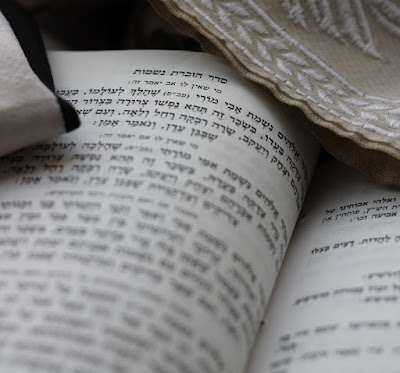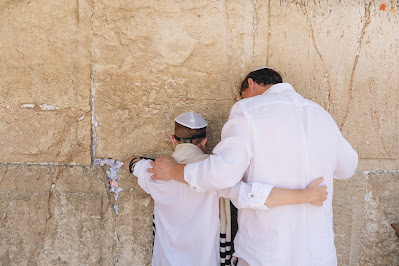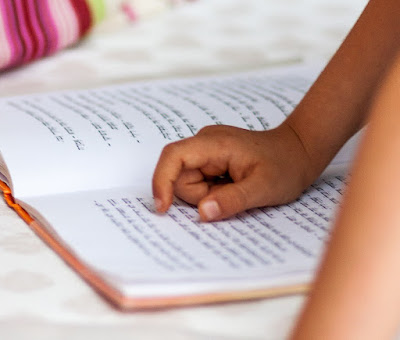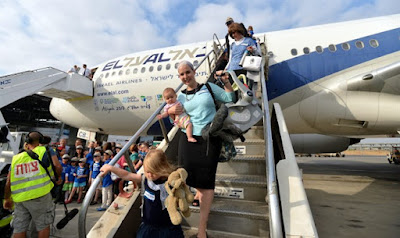Weekly Torah insights in the spirit of the teachings of Rav Kook, including video divrei Torah, Parshat HaShavua, Ask the Rabbi Q&As, and short clips of filmed classes
Thursday, November 24, 2022
Thursday, November 17, 2022
Q&A: Do Our Prayers Make a Difference?
Q. We know that the Torah teaches us that there is Reward and Punishment in this world for our deeds. We see this in many places: The stories of the Forefathers, in Genesis and elsewhere; the second paragraph of Kriyat Shema (Deut. 11) which states that if we follow the Torah we will receive rain for our crops, and that if we stray, the land will not give forth crops and we will be exiled; Moshe's speeches to the Nation warning what will happen if we do not keep our covenant with G-d or do not observe the Shemitah year commandments; and more.
Hayei Sarah: Sarah Lives On
by Rabbi Dov Berel Wein, RabbiWein.com
This week’s parsha records for us the passing of our father and mother, of Avraham and Sarah. The Torah notes these sad events without any undue display of emotion or even of great sadness. The Torah’s view of life is that death is inevitable and that death does not end the influence of life – in fact, it does not end life itself. The whole idea of the story of Yitzhak’s miraculous birth and his being saved from the altar of the akeida is to emphasize to us the continuation of life and generations in a family and in the Jewish people generally.
Thursday, November 10, 2022
Q&A: Is the Faith of Israel the Absolute True and Correct Faith?
Q. Every person finds himself at junctures in life, facing many possible paths to take, and he must choose one of them. If he is searching only for what is convenient and comfortable, then any of the choices could be appropriate – but if he is a man of truth, then only one road is the right one for him. For me, as someone searching for the truth of life, my question is: Is Judaism 100% correct? I have tested the Jewish faith from many angles – its tradition, its logical proofs, its prophecies – and they all seem to indicate that Judaism is the right approach. But is there even the smallest possible chance that I am mistaken? Could it be that the tradition was corrupted, or that the events in the Torah exaggerated? Could the proofs be incorrect because we have forgotten to include one detail in the equation? Could it be that the fulfillment of the prophecies is simply an amazing coincidence? I would like to know: Is the path of Judaism and its faith absolutely certain?
Thursday, November 3, 2022
Lekh Lekha: The Nature of the Land of Israel
by Rav Ezra Cohen, yeshiva.co, translated by Hillel Fendel
The first words of this week's Torah portion are replete with important meaning: "Lekh lekha, Go out from your land, from your birthplace, and from your father's house – to the Land that I will show you" (B'reshit 12,1). Many ask why the command is so lengthy and detailed. Rashi explains, based on the Midrash, that this is because the command is not an easy one to fulfill and Avraham is to receive reward for each word of it. Leaving one's country is hard, and leaving one's birthplace is harder still, and leaving one's parents' home – the house in which one played with his siblings and friends and grew up with his loving family – is the hardest of all.
Q&A: Will Redemption Come With or Without a Mashiah?
Q. Who will ingather our exiles to the Land of Israel – will it be G-d, or the Mashiah? What is the source that a person will ingather us?






